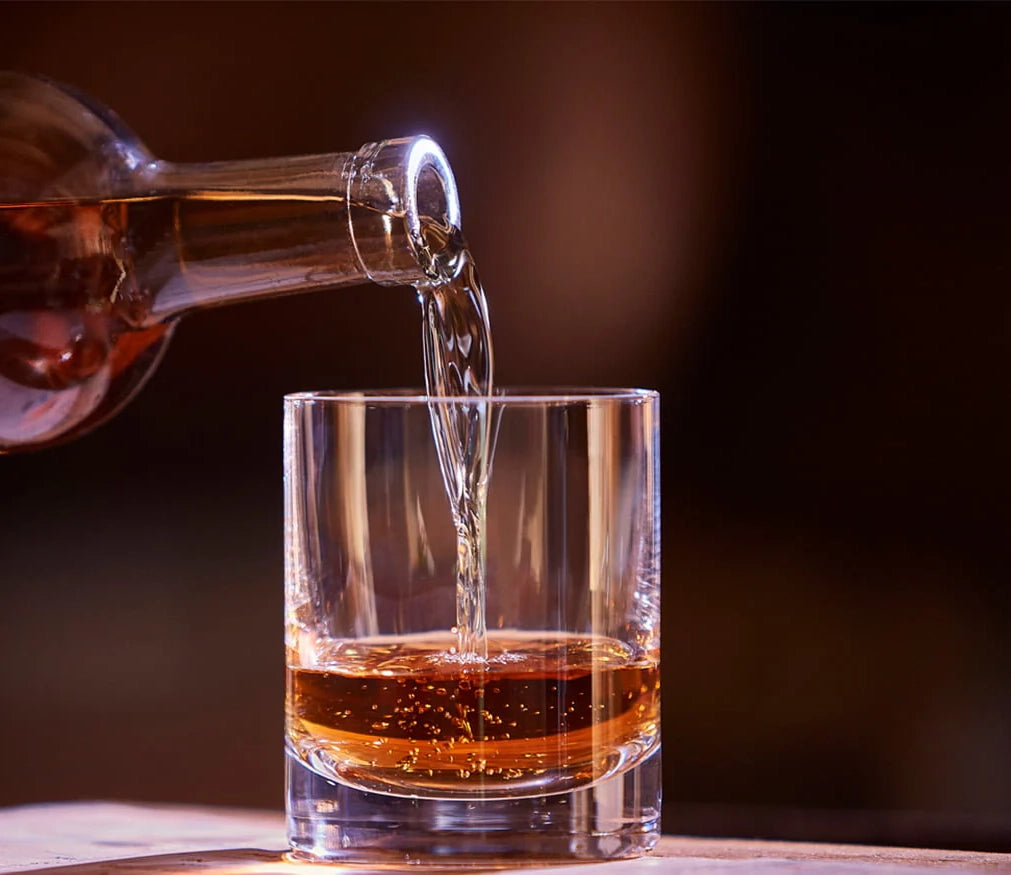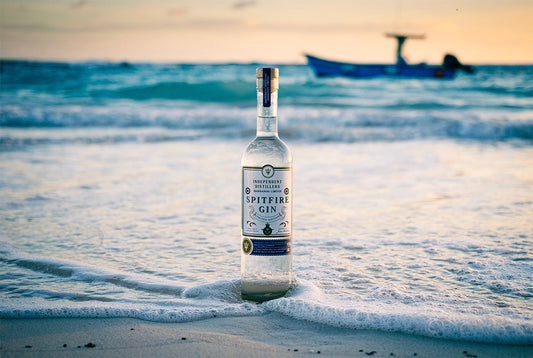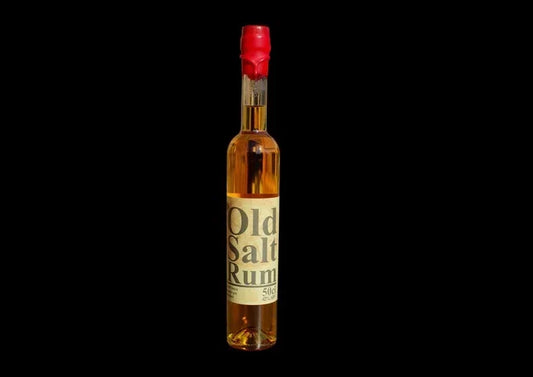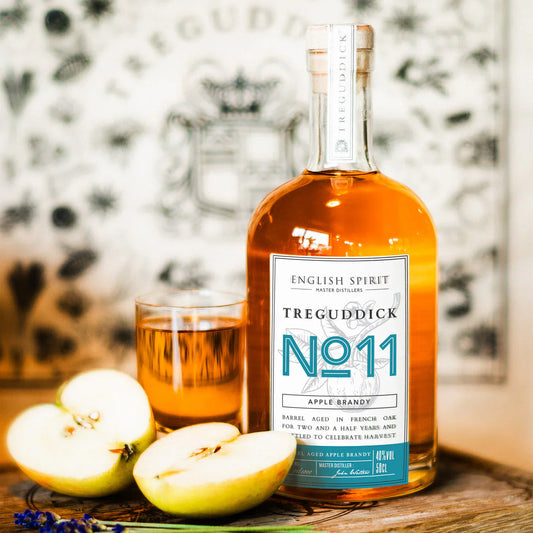There is a theory which states that if ever anyone discovers exactly what the Universe is for and why it is here, it will instantly disappear and be replaced by something even more bizarre and inexplicable. There is another theory which states that this has already happened. In either case, it is a universe that holds a general disregard for planetary stability, and one would be wise to have a bag packed, a good towel handy, and a sensible contingency plan.
This brings us, in a roundabout sort of way, to a competition. It is not merely a competition to win a holiday, you understand. That would be far too simple. It is, more accurately, an opportunity to enact a sensible contingency plan involving a temporary relocation to a small, friendly and remarkably well-placed island.
The island in question is Barbados. Now, most terrestrial maps, in their charmingly two-dimensional way, will group Barbados with the Caribbean islands. This is a forgivable error, but an error nonetheless. Barbados is, in fact, an island entirely surrounded by the Atlantic Ocean. It seems to have overshot the main archipelago, taken a look around, and decided it rather liked the view from out there on its own. This splendid isolation has its perks. For instance, its unique easterly position means it is often spared the full, furious wrath of hurricanes that frequently bother its neighbors, a clear sign of a planet that understands the tactical advantage of keeping its head down when the cosmos is in a bad mood.
The aforementioned contingency plan involves seven nights in a hotel on this very island, complete with a guided tour and tasting at our distillery. It is an invitation to temporarily trade the mundane for the magnificent, the predictable for the pleasantly improbable.
The Hitchhiker's Guide to Barbados: 20 Things You Almost Certainly Didn't Know
What follows is a woefully incomplete, yet hopefully illuminating, series of entries on Barbados, excerpted from a far more comprehensive and infinitely more sarcastic and not yet (or possibly ever) published guide.
-
On Proper Naming Conventions: The island was first christened "Los Barbados" by Portuguese explorers in the 16th century. This translates to "The Bearded Ones," a name likely inspired by the native Bearded Fig Tree, whose aerial roots hang down in a manner that can only be described as distinguishedly hirsute.
-
A Most Polite Uprising: Unlike its fiery, volcanic neighbors, Barbados did not burst forth in a geological tantrum. Instead, it is a coral island that gently and patiently rose from the sea over the last 700,000 years. This coral limestone foundation is the key to many of the island's other peculiarities.
-
The Water is Safe, Which is Suspiciously Convenient: As a direct result of the aforementioned polite geology, the island's groundwater is naturally filtered through the coral limestone bedrock. This means the tap water is not only safe to drink but of exceptionally high quality. This is a cosmic rarity. On most inhabited planets, tap water is considered at best a mild inconvenience and at worst a form of amateur biological warfare.
-
The Birthplace of Rum (and the Banishment of the "Kill-Devil"): Barbados is the undisputed birthplace of rum. The Mount Gay distillery holds the oldest surviving deed for a commercial rum distillery in the world, dating back to 1703. The spirit's first nickname, however, was "Kill-Devil". While brutally honest about its potency, this name was clearly in need of a marketing rebrand before it could be served in polite society.
-
A Fruit of Dubious Parentage: The grapefruit first appeared here, the result of a natural, and presumably scandalous, cross-pollination between a Shaddock and a Sweet Orange. George Washington, on his visit, referred to it as "The Forbidden Fruit," which suggests a far more dramatic backstory involving sentient apples and disgruntled serpents than is generally accepted by botanists.
-
George Washington Slept Here (and Only Here): Barbados holds the unique distinction of being the only place outside of the nascent United States that President George Washington ever visited. He came in 1750, seeking the island's renowned health benefits. In the 1840s, Barbados was considered one of the healthiest places in the world, with a mortality rate significantly lower than the global average, proving that sometimes the best medicine is simply putting a respectable amount of ocean between yourself and everyone else.
-
An Annoyingly Stable Government: The island is home to the third-oldest parliament in the Commonwealth, established in 1639. Furthermore, it has never been successfully invaded by a foreign power since the British established a colony in 1627. This is a remarkable record of stability, attributable either to formidable defenses or the simple fact that it was generally considered too much trouble to bother.
-
The Trident is Broken for a Reason: The national flag features a golden panel between two blue ones, representing the sand, sea, and sky. The centerpiece is the head of a broken trident. This symbolizes the country breaking free from its colonial past, first with independence in 1966 and later by becoming a republic in 2021. It is a much more elegant and symbolic solution than, for instance, sending a strongly worded letter and hoping for the best.
-
Speaking Bajan: While the official language is English, most locals speak a dialect known as Bajan. This can be understood as a linguistic efficiency upgrade, where standard English has been streamlined, spiced with West African influences, and generally made more suitable for a tropical environment.
-
The Land of the Flying Fish: Barbados is famously known as "the land of flying fish". These creatures don't so much fly as glide with impressive commitment, staying airborne for up to 45 seconds at speeds over 70 km/hour. The national dish, somewhat inevitably, is Cou Cou and Flying Fish, a pairing that shows a remarkable lack of sentimentality towards the local fauna.
-
A Rather Advanced Form of Tennis: Road Tennis, a sport played with wooden paddles on a court marked out on a paved surface, was invented in Barbados in the 1930s. This demonstrates a civilization that has correctly evolved beyond the need for expensive, dedicated courts and has repurposed public infrastructure for recreational activities.
-
A Supersonic Lawn Ornament: One of the world's last 18 remaining Concorde supersonic airliners is housed in a dedicated museum right at the Grantley Adams International Airport. Its presence on an island of 166 square miles is an elegant, if slightly baffling, statement piece.
-
One-Upping Nelson's Column: The statue of Lord Nelson in the capital, Bridgetown, was erected on March 22, 1812. This makes it older than the more famous, and arguably more ostentatious, monument in London's Trafalgar Square. This is a clear case of being ahead of the curve in heroic statuary.
-
The Disappearing Island: There used to be a small landmass off the coast called Pelican Island, which housed a quarantine facility. Between 1956 and 1961, the channel between it and the mainland was filled in to create the land for the Deep Water Harbour, or cruise port, thus making Pelican Island disappear. This serves as a cautionary tale about the general impermanence of geography.
-
The Oldest Synagogue in the West: The Nidhe Israel Synagogue in Bridgetown, originally built in 1654, is the oldest in the Western Hemisphere.
-
A City Built on Fire and Good Sense: In 1666, a great fire devastated the wooden structures of Bridgetown. In the aftermath, the House of Assembly passed an act ordering that buildings be reconstructed with stone, a piece of forward-thinking legislation that has prevented the city from simply burning down on a regular basis ever since.
-
Home of Global Superstars: Barbados is the birthplace of two figures who have achieved global domination in their respective fields: Sir Garfield Sobers, widely considered the greatest all-round cricketer in history, and Rihanna, a music, fashion, and business icon. Both are now designated National Heroes of Barbados.
-
The Original Chattel Houses: These unique wooden houses were ingeniously designed to be dismantled and moved. In an era of plantation tenancy, this allowed residents to pack up not just their belongings but their entire home and relocate it to a new plot of land, a brilliant solution to landlord disputes.
-
A Festival for the End of Sugar: The island's largest and most vibrant festival is Crop Over. Its origins trace back to the 1780s as a celebration marking the end of the grueling sugar cane harvest season. Today, it's a six-week-long festival of music, parades, and culture that culminates in the Grand Kadooment Day parade.
-
A Haven for Centenarians: Along with Japan, Barbados has one of the highest per capita occurrences of centenarians in the world. This is likely due to some combination of the healthy environment, a diet rich in fish, a relaxed lifestyle, and a sensible distance from the general chaos of the rest of the planet.
The Peculiar Art of Making Spirits in a Climate That Would Prefer You Didn't
To understand the rum made in our distillery, one must first understand a central paradox. The very elements of Barbados that make it a uniquely perfect place for rum production are also the source of its operational challenges! The island's geology provides divinely filtered water but also creates profound water scarcity. The climate is ideal for growing sugarcane but creates a hostile environment for cooling kit. The very air carries unique wild yeasts that define the spirit's character but is also relentlessly, cheerfully hot and often very humid.
Distilling here is not one of perfect conditions, but of ingeniously leveraging the good while artfully dodging the taxing!
The first and most obvious challenge is a conversation with the second law of thermodynamics, which is always a tedious affair. The process of distillation involves boiling a liquid to separate alcohol from water. The resulting vapor must then be cooled to condense it back into a high-proof spirit. This is simple enough in a temperate climate. In Barbados, where the ambient temperature hovers around a balmy 28 to 31°C, this is like trying to cool a very hot cup of tea in a sauna.
While the persistent trade winds are a blessing, providing passive cooling for warehouses and some open-air fermenters, they are no match for the intense heat generated by the stills. The trick is the latent heat of evaporation, turning water for cooling into fine droplets and blasting with air using a very large fan. Through the magic of evaporative cooling, a small portion of the water sacrifices itself, turning into vapour and carrying a great deal of heat away with it; the remaining water is cooled to a much more useful 14°C before being sent back to the condenser to do its job all over again. It is effective!
The second challenge is a paradox wrapped in a geological curiosity. The blessing of Barbados is its water. As previously noted, the island is a giant coral limestone filter. Distilleries like Mount Gay draw their water from ancient, hand-dug wells that tap into this pristine, mineral-rich aquifer. This water is not just an ingredient; it is the foundational element of the rum's terroir, providing essential minerals that create the perfect environment for yeast during fermentation.
The curse, however, is that this same geology results in very few rivers or surface water sources. The island is almost entirely dependent on its underground aquifers, making it one of the world's most water-stressed nations. So, you cannot simply drill a new borehole. The Barbados Water Authority (BWA) is the ultimate gatekeeper, enforces a complex and stringent legal framework to protect this precious resource. The Barbados Water Authority (Water Protection Zones) Order, 2023, for instance, explicitly prohibits "waste disposal from... distilleries" in the most sensitive water protection areas, known as Zone A and Zone B. This regulation dictates not just how a distillery operates, but where it can exist at all. This forces a profound commitment to sustainability. Distilleries must innovate, developing closed-loop chiller systems and heat-recovery mechanisms to minimize water use, and sophisticated aeration systems to treat wastewater so it can be safely used for irrigation, ensuring not a drop is wasted.
The final challenge is microbiology (nothing new there!) and it is here that the distillery turns a potential risk into its greatest asset. In many industrial processes, the goal is sterility. But you can take the opposite approach. To create the most complex flavours, particularly for pot still rums, a bit of open-air fermentation is great! This is best described as throwing a party for microbes. The doors of the fermentation house are opened, and the local Bajan atmosphere, carrying its own unique cocktail of native, wild yeasts, is invited to join in. These uninvited guests mingle with the distillery's proprietary yeast strains, the mineral-rich water, and the molasses. The result is a fermentation that is alive, dynamic and beautifully chaotic. This broad spectrum of microbiological inoculation creates a flavour profile of incredible depth and nuance; a profile that is impossible to replicate anywhere else on Earth because it is literally born of the Barbadian air. It is the taste of a specific place, a celebration of the idea that sometimes, the most important ingredients are the ones you don't add yourself.
The rum that emerges from this process is more than just a spirit. It is the liquid distillation of the island's own improbable character: born of polite geology, blessed with perfect water it cannot afford to waste, flavoured by the air it breathes and forged in a constant, good-natured battle with a cheerfully relentless sun.
It is a testament to the art of turning challenges into character. And this is your invitation to experience it. Our competition is a chance to leave the certainties of your own world behind and step into this one of pleasant absurdity. It is an opportunity to taste the result of this improbable art form, right at the source and to discover for yourself why an island with so many delightful contradictions produces a spirit of such singular and frankly delicious, character.
So, don't panic. Just click here to enter. A perfectly good towel will be provided.
Have a go!
Best,
Dr. J








